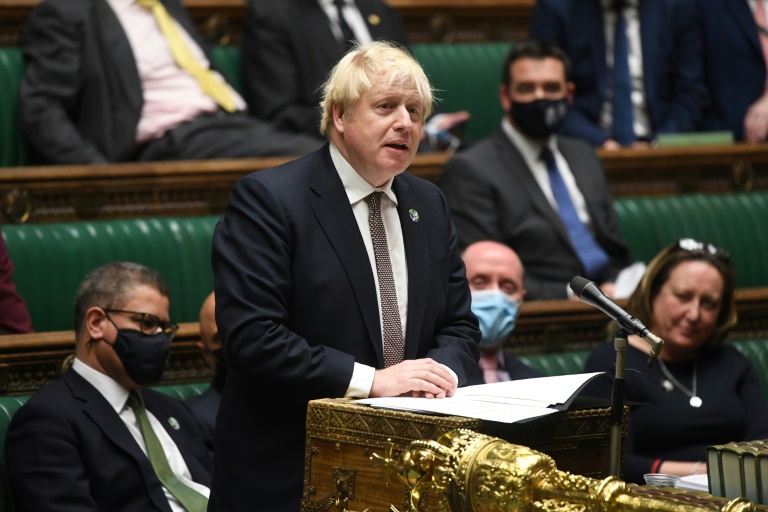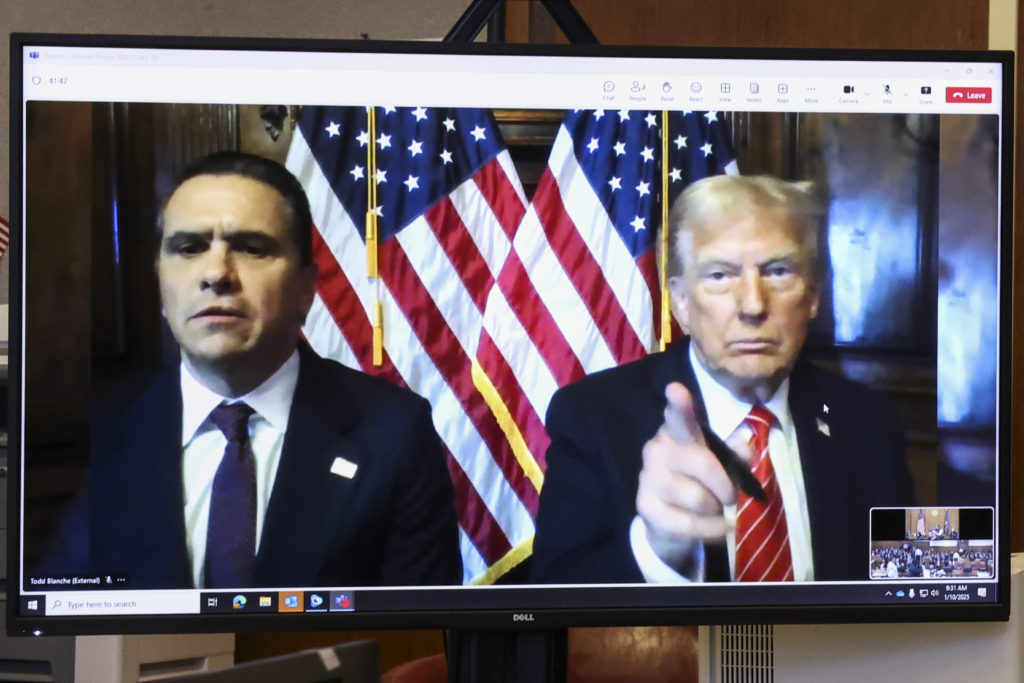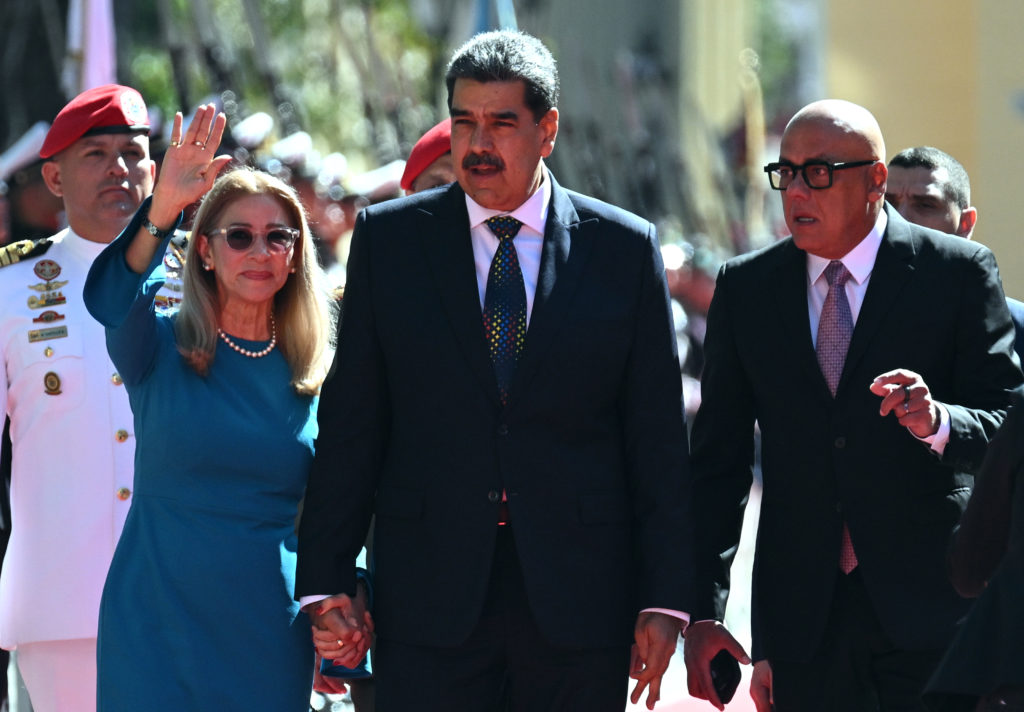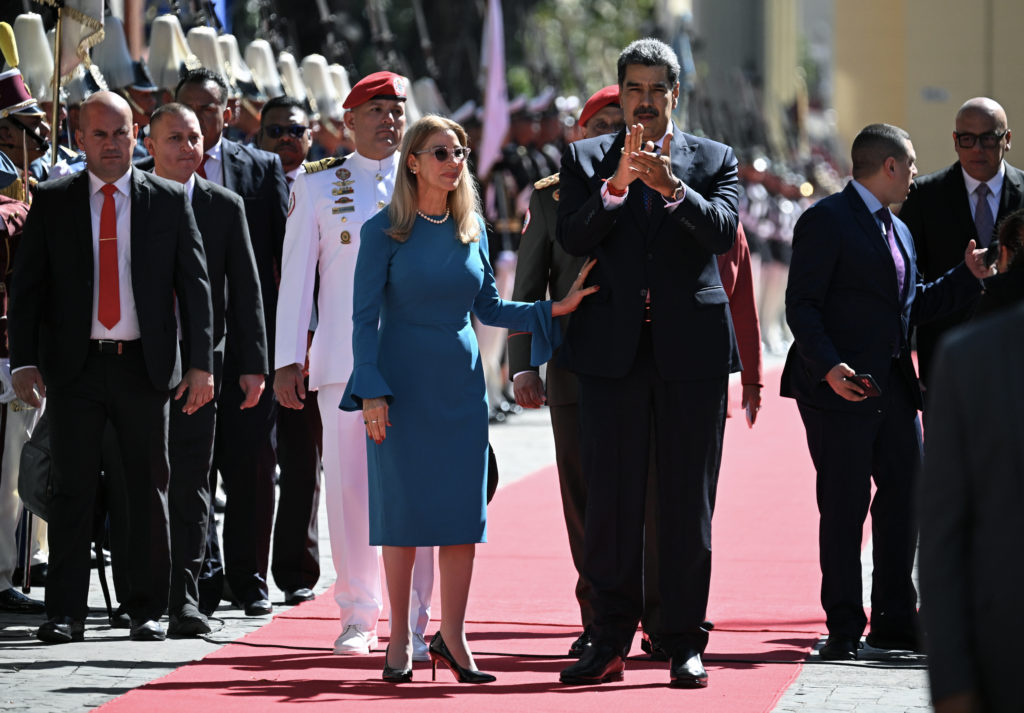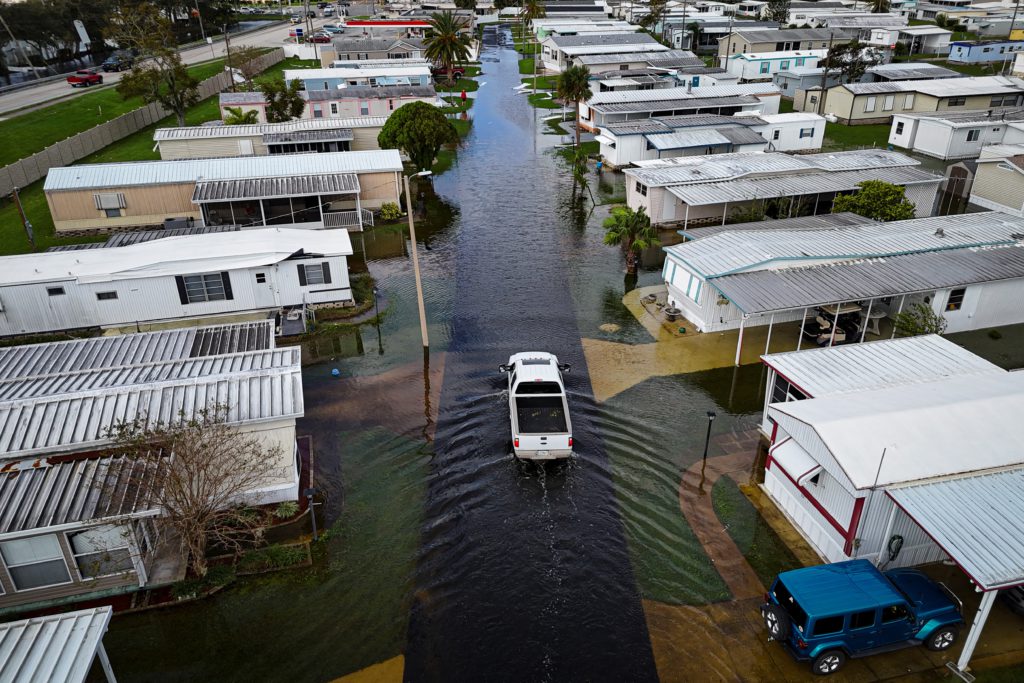Prime Minister Boris Johnson faces a parliamentary grilling Wednesday over sleaze allegations, as tensions ran high within his Conservative party due to his proposals to ban MPs from paid political consultancy work.
With opposition parties on the attack and rank-and-file Tory MPs unhappy, the quizzing from the heads of parliament’s cross-party select committees at 1500 GMT could be the least of his worries.
But he has tried to get on the front foot to tackle a simmering row about MPs supplementing their publicly funded salaries with lucrative second jobs, stoking claims about conflict of interest.
On Tuesday, he wrote to parliament’s speaker to say he will back proposals to bar British lawmakers from acting as paid political consultants and advisers.
“It is imperative that we put beyond doubt the reputation of the House of Commons by ensuring the rules which apply to MPs are up to date, effective and appropriately rigorous,” he wrote.
The move came just as the main opposition Labour party prepared to introduce a vote Wednesday to bar MPs from such roles, as well as being paid directors, which its leader Keir Starmer said had forced Johnson’s hand.
British lawmakers are permitted to hold outside roles, as long as they declare them, but are not allowed to use their parliamentary offices or resources for such work.
Paid lobbying is also forbidden, with wrongdoing accusations probed by parliamentary standards watchdogs.
But Johnson’s proposals, which appear to stop short of an outright ban on consultancy and advisory work, have been criticised as too vague, and still open to interpretation.
Geoffrey Clifton-Brown, treasurer of the 1922 Committee of backbench Conservative MPs, said Johnson’s proposed solution had caused dismay in the Tory ranks.
“There is dissatisfaction on the backbenches and that is why the prime minister needs to make it very clear to members of Parliament what he expects from us,” he BBC radio.
He said he was not against MPs carrying out paid consultancy work but a blanket ban could deter prospective lawmakers from going into politics.
– Scrutiny –
The current scandal mushroomed this month when Johnson tried — and failed — to overhaul how the watchdogs system operates after MP Owen Paterson faced suspension over lobbying ministers for two firms that had him on the payroll.
It soon emerged numerous other MPs had high-paying second jobs, in particular lawyer and former attorney general Geoffrey Cox.
He has been accused of using his parliamentary office for outside legal work, which has netted him more than £6 million ($8 million, 7 million euros) since becoming an MP in 2005, on top of his annual MP’s salary — currently around £82,000.
Paterson has resigned from parliament, while Cox denies breaking the rules.
The saga has seen support for both Johnson and the Tories drop in recent polls.
Wednesday’s questioning session will also see Johnson quizzed about Britain’s hosting of the COP26 climate summit in Glasgow, which ended last weekend with nearly 200 nations signing a deal to try to halt runaway global warming.
However, two weeks of painful negotiations — and two personal visits by the British leader — fell short of securing what scientists say is needed to contain dangerous rises.
Opposition lawmakers have accused Johnson of failing to take the summit seriously enough, after returning for less than a full day following the initial gathering of world leaders at the start.
The senior MPs will also grill him on government efforts to respond to violence against women and girls, following several high-profile cases that have rocked the country and led to an outcry.
The British leader has previously proved reluctant to face the watchdog committee, reneging on multiple invitations in 2019 and only appearing before it for the first time nearly a year after taking power.
He was last quizzed by the panel in July.

